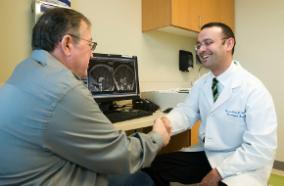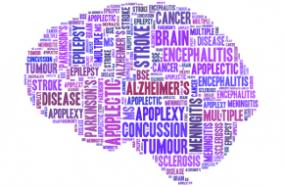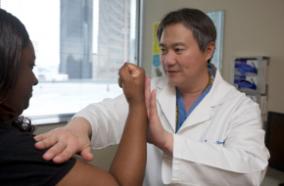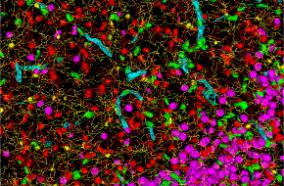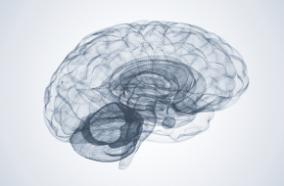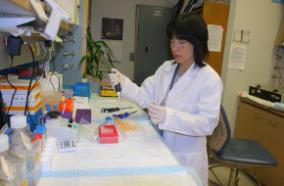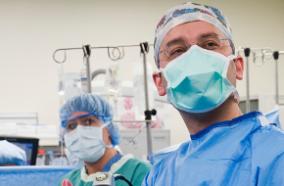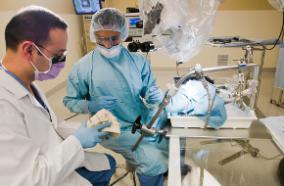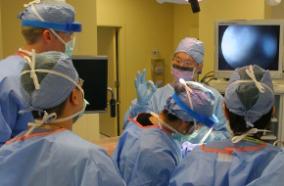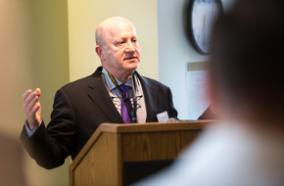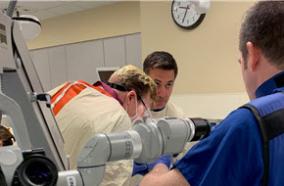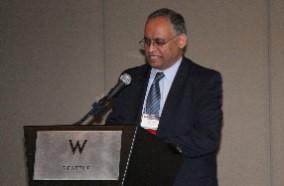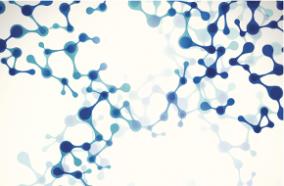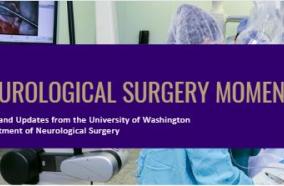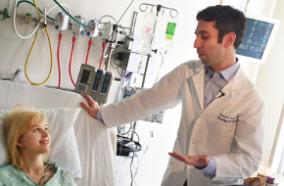Project is aimed at discovering, characterizing the selectivity and sensitivity, and externally validating biological measures to be used for assessing, prognosing, and monitoring recovery of adolescents who either clinically present with or are at risk for developing prolonged/persistent concussive symptoms following exposure to repetitive head impacts and/or concussion. Resultant biological measures should be incorporated into risk stratification algorithms to inform clinical care and patient stratification for future clinical trials. A critical feature of this FOA includes the broad sharing of clinical, neuroimaging, physiological, and biospecimen data to further advance research in the area of persistent concussive symptoms in early and middle adolescent (EMA; ages 11-17 years old) populations.
The overarching goal of this program is to examine and validate the most sensitive, specific, and scalable biomarkers to predict and monitor underlying endophenotypes of Persistent Post-concussive Symptoms [PPCS]. To accomplish this goal, the following specific aims are proposed:
1. To establish a broad, multicenter prospective consortium investigating early middle adolescents (EMA) with concussions and mTBI, with a particular focus on those at risk of developing persistent post-concussive symptoms (PPCS).
2. To discover and characterize PPCS endophenotypes in a population of PPCS subjects. Potential phenotypes with objective biomarkers might include:
a. Migraine/Headache/Vestibular/Ocular
b. Autonomic/Mood/Anxiety/Neurocognitive
3. To capture data and test optimal PPCS endophenotype biomarkers (from aim 2) in a more generalizable cohort of EMA concussion/mTBI subjects
4. To develop a predictive algorithm for PPCS in EMA
UW Scope of Work:
The overall goal of the study is to develop a dataset that will improve our ability to prognosticate regarding the likelihood of a child developing persistent post-concussive symptoms (PPCS), with a focus on “endophenotypes,” or clusters of symptom expression. Data collection will include standard CDEs regarding traumatic brain injury, with a particular emphasis on imaging and fluid biomarkers that have been identified as potential tools for prognostication. The structure of the grant is such that there is an administrative core and three sub-projects. Project 1 will focus on predictors of mental health and autonomic symptoms. Project 2 will focus on predictors of headache and balance and Project 3 will include more intensive examination of predictive fluid and imaging biomarkers and their role in prognosticating regarding PPCS, with a particular focus on genetic susceptibility.
Dr. Rivara (at Seattle Children's) will oversee data collection of the overall multi-site study, alongside his co-PIs Drs. Giza and Gioia. Dr. Chrisman (also at Seattle Children's) will oversee data collection at the SCRI and UW sites.
Specifically at the University of Washington, Drs. Mac Donald and Dr. Andre will facilitate the evaluation of radiological scan data collected at the DISC radiology facility at the UW, with projected enrollment of 30 subjects for the Project 1 studies, and 30 subjects for project 3. They will provide data analysis and participate in manuscript preparation, manage research staff, ensuring all regulations and standardized procedures are followed, and supervision of data completion rates and integrity.
National Institutes of Health (NIH), UCLA

